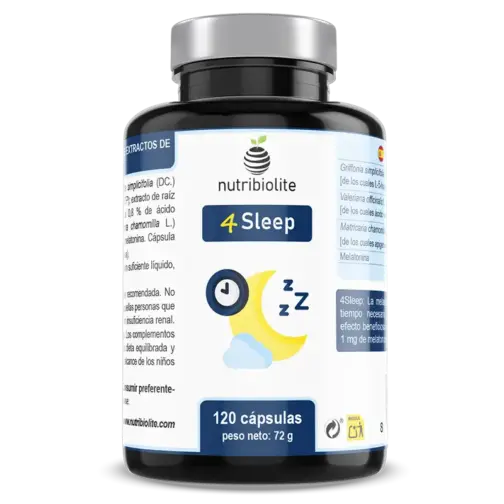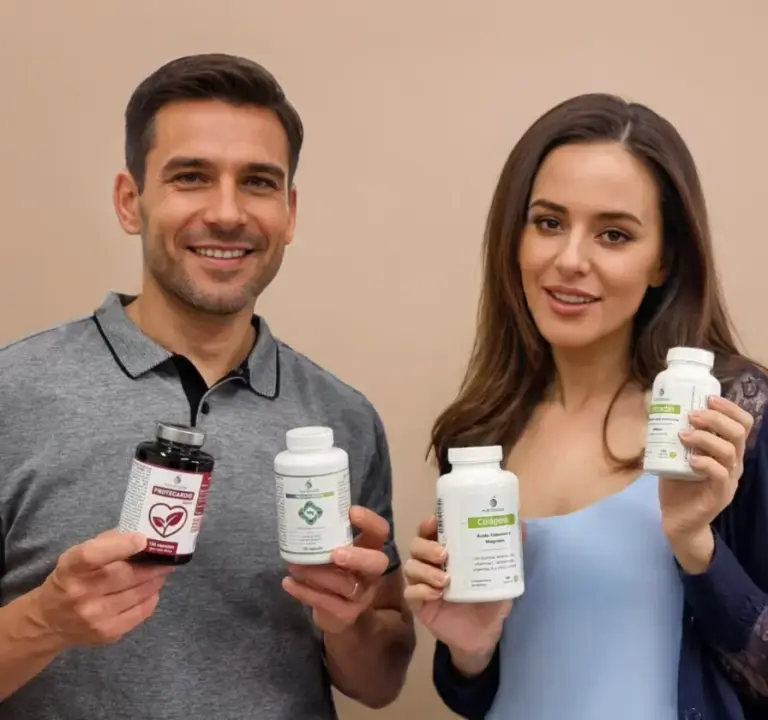A short sleep before an important test can make all the difference. So shows a recent study from the University of York published in Scientific Reports 2025(study in Scientific Reports 2025). Researchers analysed how a 60-minute nap before retrieving information improves memory accuracy in forensic tasks, especially avoiding errors when the person sought is not present.
For healthy adults who participated in the research, sleeping an hour before facing facial recognition reduced errors in identifying someone who was absent. Not only were there fewer confusions, but there was also greater confidence in responding. The benefit was specific: the nap did not change the ability to remember single details, but it did help to better discriminate and organise information over time.
Sleep, much more than rest
The study suggests that sleep not only consolidates memories but also restores mental clarity and the ability to self-assess. During non-REM sleep, the brain reorganises information, strengthens connections and improves decision-making. Quality rest can therefore protect us from impulsive errors and help us distinguish between what we have experienced and what we have imagined.
The researchers note that this positive effect was observed after just one hour of napping, although only young adults participated and the environment was controlled. The results do not guarantee the same benefits in older people or in situations of greater emotional stress.
Routines to boost sleep and daily rest
The body needs clear signals to go into sleep mode. Eating a light dinner, reducing bright lights before bedtime and maintaining regular schedules are gestures that prepare the nervous system to switch off. Including foods rich in tryptophan (such as nuts or oats) helps manufacture serotonin and melatonin, key components of emotional balance and the sleep-wake cycle.
It’s not just how much sleep we get, but how we get there that matters. A consistent nighttime routine, coupled with short daytime breaks, can improve memory, attention and overall well-being. Rest is a natural tool for taking care of mind and body every day.
When the rhythm is disrupted, physiological support can help.
Chronic stress, changing shifts or long journeys can disrupt the internal clock and make restful sleep difficult. In these cases, supporting the body with solutions aligned with natural physiology can be helpful, especially if habits alone are not enough to restore the sleep and rest cycle.

Melatonin 1 mg and 5-HTP with relaxing plants.
4Sleep follows the natural logic of rest
4Sleep combines melatonin (1 mg), recognised by EFSA as an effective and safe dose before bedtime, with standardised Griffonia extract (49 mg 5-HTP), valerian and chamomile. This blend supports the natural synthesis of serotonin and melatonin while promoting relaxation without dependence or residual drowsiness. In situations where the body loses rhythm, such as time changes or periods of prolonged stress, this support can accompany your healthy habits to facilitate sleep and a refreshed awakening.
Frequently asked questions about sleep, rest and 4Sleep
What is the difference between good sleep and real rest?
Good sleep involves not only quantity but also quality. Good rest restores the mind and improves memory, as the recent study shows. Consistent routines and physiological supports can make a difference.
How does 4Sleep help synchronise my sleep cycle?
4Sleep provides melatonin (1 mg), which signals the onset of rest, and 5-HTP from Griffonia, a precursor of serotonin and melatonin. Together with standardised valerian and chamomile, it facilitates a smooth transition to sleep without drowsiness on waking.
Is it safe to take melatonin every day?
The EFSA considers the daily intake of up to 1 mg of melatonin before bedtime to be safe. Higher doses do not increase the benefit and may cause adverse effects such as headache or daytime sleepiness.
How long does it take to notice the effect of 4Sleep?
Most people notice improvements within two to four weeks of regular use, especially if accompanied by stable night-time routines and quiet surroundings before bedtime.
Can I combine tryptophan-rich foods with 4Sleep?
Yes, it is recommended. Foods such as nuts or oats provide tryptophan, which together with the 5-HTP and melatonin in 4Sleep can optimise the physiological process towards restful sleep.
This content is informative and does not replace the advice of a healthcare professional.
















